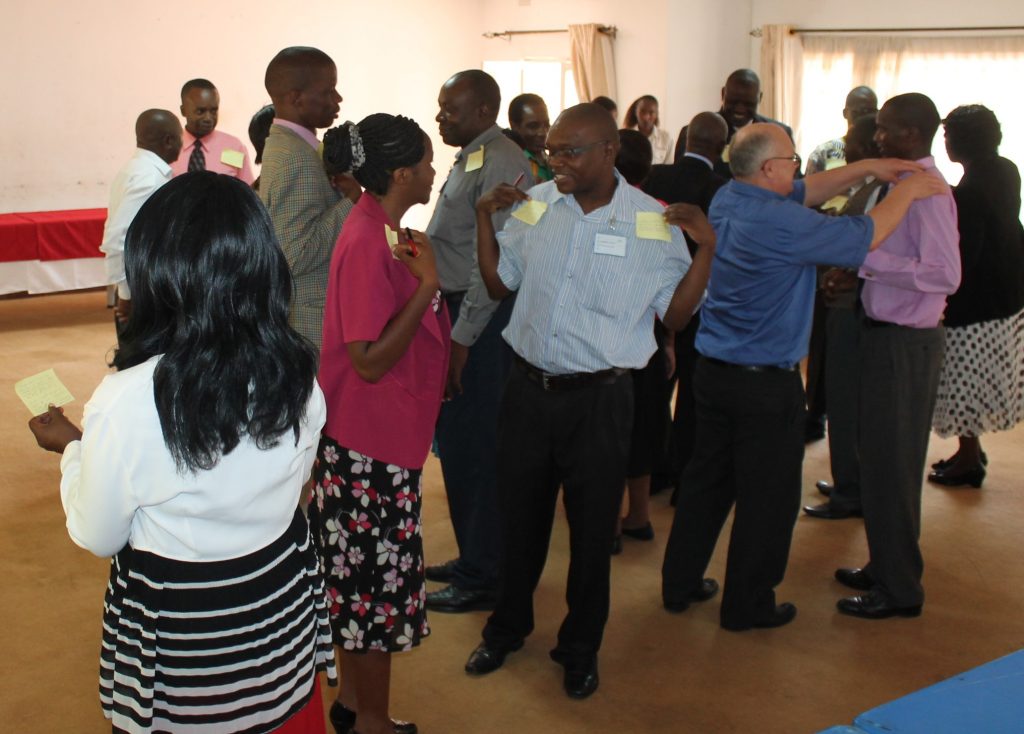1. Introduction to the tour
You can listen to the content of the page by using the audio controls.
Tour aims

By the end of the tour, you will be able to recognise:
- inclusive education and teacher training challenges in Zambia;
- effective approaches for promoting inclusive education and improving teacher training;
- how to plan for positive impact in your own settings, leading to real change.
People you will ‘meet’ during the tour
In this first section of the tour you will find out about:
- your virtual study tour hosts, the Norwegian Association of Disabled (NAD) Zambia team;
- your study tour facilitators, Duncan and Tim from EENET;
- your Zambian tour ‘buddies’;
- other stakeholders who have been involved in the programme;
- three Zambian locations that have been involved in the programme.

Maximise your learning
This virtual study tour does not hand you all the information on a plate! You need to be an active learner.
If you feel there is too much information, carefully select and record what you need. If you feel you are not getting the information you want, be pro-active, ask questions, post comments and work to find the information you want.
Interact with your tour buddy and participate in the online focus group discussions. This will help you digest and analyse what you read, see and hear during the tour.
We also recommend you do the following:
- Take lots of notes.
- Bookmark sections that you want to return to for further reflection.
- Do not just accept everything you see and hear. Not everything will be good.
- If you see or hear something you think is good, write it down – and make a note of why you think it is good. Try to make a note of whether this good thing could be done in your own context, or how you could adapt it.
- Likewise, if you hear or see something you think is not good practice, think about why and think about a solution, or how you could avoid such a problem in your own context.
- Use your analyses to stimulate discussions with your buddy and the focus group sessions.
Reflective journal
Keep a reflective journal throughout the tour. This template may help you record and think about what you see or hear each time you log into the tour or interact with other participants, the facilitators or your buddy.


